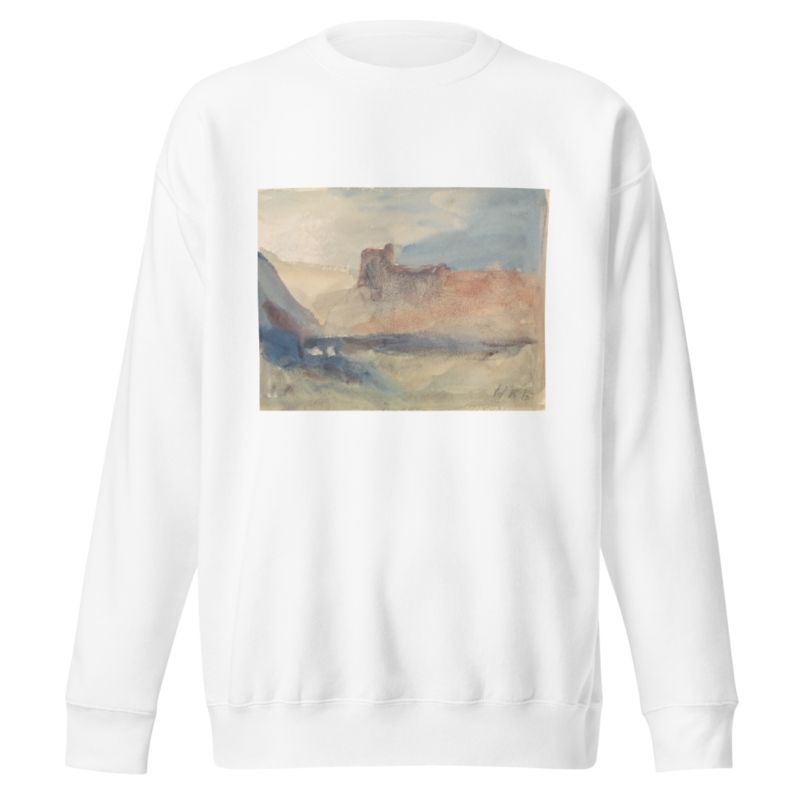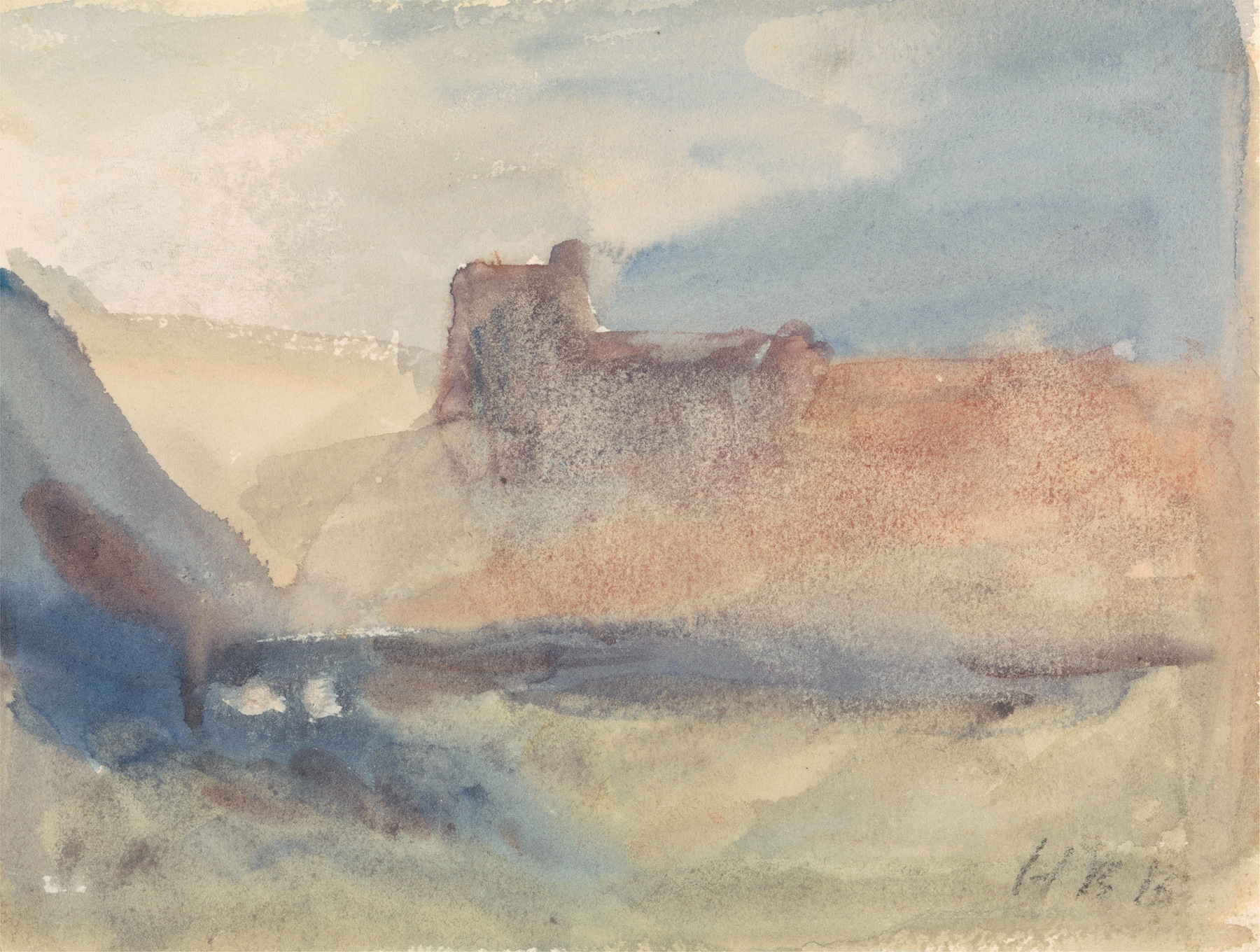Description
Coast near Tunis by Hercules Brabazon Brabazon printed on a Sweatshirt
About the Sweatshirt
Regular fit
Standard length, the fabric easily gives into movement
Comfortable
The fabric and fit of this item are extra comfy
Tear-away tag
Easily removable tear-away tag that allows you to add a custom inside label
This Unisex Premium Sweatshirt has a classic crew neck, flattering unisex fit, and soft 100% cotton exterior.
- 100% cotton face
- 65% cotton, 35% polyester
- Charcoal Heather is 55% cotton, 45% polyester
- Fabric weight: 8.5 oz./yd.² (288.2 g/m²)
- Tightly knit 3-end fleece
- Side-seamed construction
- Self-fabric patch on the back
- Double-needle stitched rib collar, cuffs, and hem
- Tear-away label
Hercules Brabazon Brabazon (1821-1906)
Hercules Brabazon Brabazon was an English artist, accomplished in Turner-manner watercolours.
Brabazon was the younger son of Hercules Sharpe and his wife, Anne Mary, the daughter of Sir Anthony Brabazon, 1st Bt. Initially raised in Paris, he moved with his family to Oaklands, an estate near Sedlescombe, East Sussex, in 1832. He attended Harrow School, the École Privat, Geneva, and Trinity College, Cambridge, graduating with a B.A. in mathematics in 1844.
His father then wanted him to study law, but instead he left England and went to Rome to study music and art, enrolling at the Accademia di Santa Cecilia and Accademia di San Luca. His father attempted to make him return by reducing his allowance, but in 1847, upon the death of his elder brother, he gained financial independence when he inherited family estates in Connaught, the will requiring that he change his surname to Brabazon. From then on he led a life of travel, art study and painting, inspired by the works of artists such as Velázquez and Turner.
In 1858 he inherited Oaklands, whose management he left to his brother-in-law while he continued to travel – mostly in Europe, but with trips to Africa and India – always returning with his watercolours. Describing himself as living “for Art and Sunshine”, he viewed himself as a gentleman amateur, and did not show or try to sell his work until his mid-seventies.
With the encouragement of artist friends, particularly John Singer Sargent, he began to exhibit, first at the New English Art Club, followed by successful one-man exhibitions at the Goupil Gallery in Bond Street. He died at Sedlescombe in 1906, and is buried there.






Reviews
There are no reviews yet.